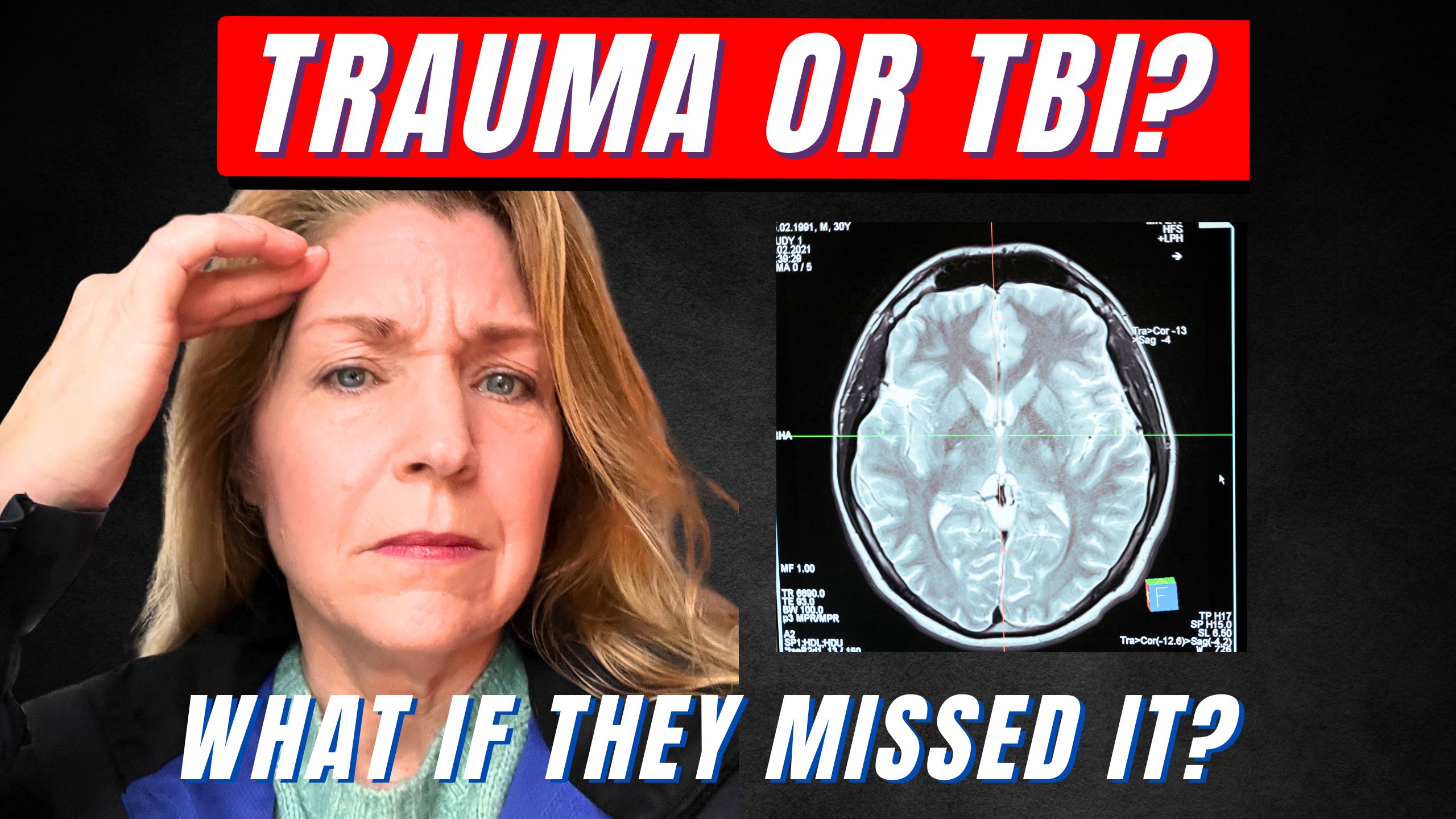Was It Trauma...or a Brain Injury?


Was It Trauma...or a Brain Injury? In this raw, in-the-car episode, I open up about something I’ve never fully talked about — the invisible symptoms of post-concussion syndrome and how they’ve affected my life and recovery. After...
Was It Trauma...or a Brain Injury?
In this raw, in-the-car episode, I open up about something I’ve never fully talked about — the invisible symptoms of post-concussion syndrome and how they’ve affected my life and recovery.
After overdoing it on a bike ride, I fell into a physical and cognitive relapse that left me confused, exhausted, and deeply frustrated. I now know it was a resurgence of TBI symptoms, something that often gets overlooked in women, especially those with a history of domestic abuse.
This isn’t medical advice — it’s my personal story. But if any of this sounds familiar to you, it might be worth exploring further.
💌 Let me know what you’re experiencing. Your story matters too.
🔗 Resources and articles:
-
My daily supplement routine (coming soon!)
Brain injuries often go unrecognized among domestic violence victims
Full article here: https://www.nbcnews.com/health/womens-health/brain-injuries-undiagnosed-untreated-domestic-violence-rcna183637
Domestic Violence and Traumatic Brain Injury: The Chilling Truth of This Hits Home
Some relevant excerpts from this article...
The Silent Epidemic of DV-TBI
One in four American women will experience severe violence from a domestic partner in their lifetime, often resulting in significant trauma to the head and neck. Over 75% of domestic violence survivors suffer single or repeated traumatic brain injuries, most of which go unreported. Despite these alarming statistics, DV-TBI is still critically under-researched.
“I don’t think the connection [between TBI and DV] has been made on a wide scale,” Scotia says. This is due in part to the lack of awareness and education about the signs and symptoms of TBI, particularly with regard to instances of domestic violence.
Brain banks collect brain and tissue samples from donors after their death, distributing these samples to researchers and labs across the United States. However, current brain banks do not have enough samples from women with documented histories of DV-TBI and CTE, making it difficult to research the link between the two.
“It seems obvious that women who suffer repeated TBIs from DV are going to get the same neurodegenerative brain diseases as men,” Scotia says. “But it’s hard to distinguish whether Alzheimer’s disease, CTE, post-concussion syndrome, multiple mental health struggles, or another disease or condition is the main issue for them. Add the fact that nobody wants to talk about DV, and we’re getting very little research on women’s brains.”
Update on Domestic Violence and Traumatic Brain Injury: A Narrative Review
Full article here: https://pmc.ncbi.nlm.nih.gov/articles/PMC8773525/
💌 Let me know what you’re experiencing. Your story matters, too!
✍🏼 I'm wishing you well and looking forward to a followup episode with your thoughts and comments.
Much love!
Steph xoxo





